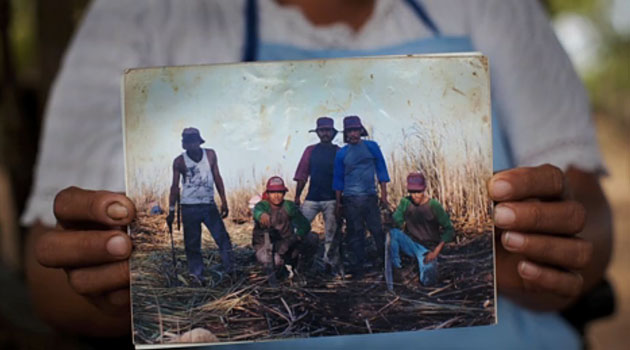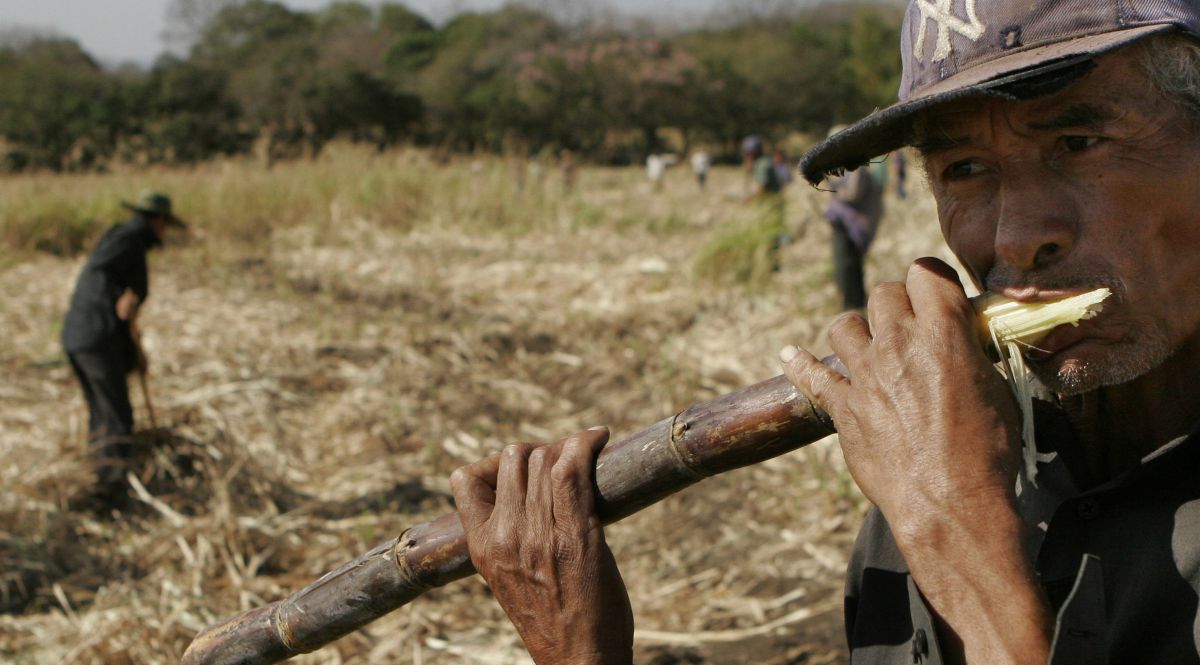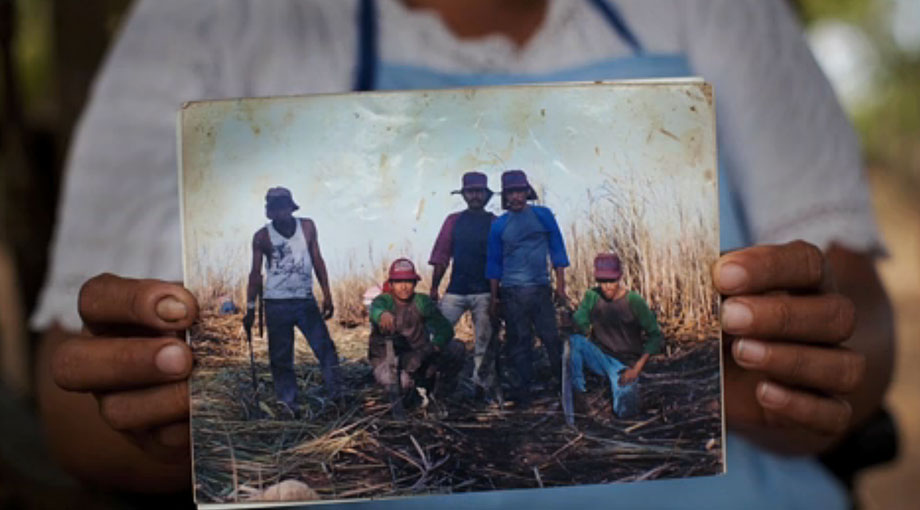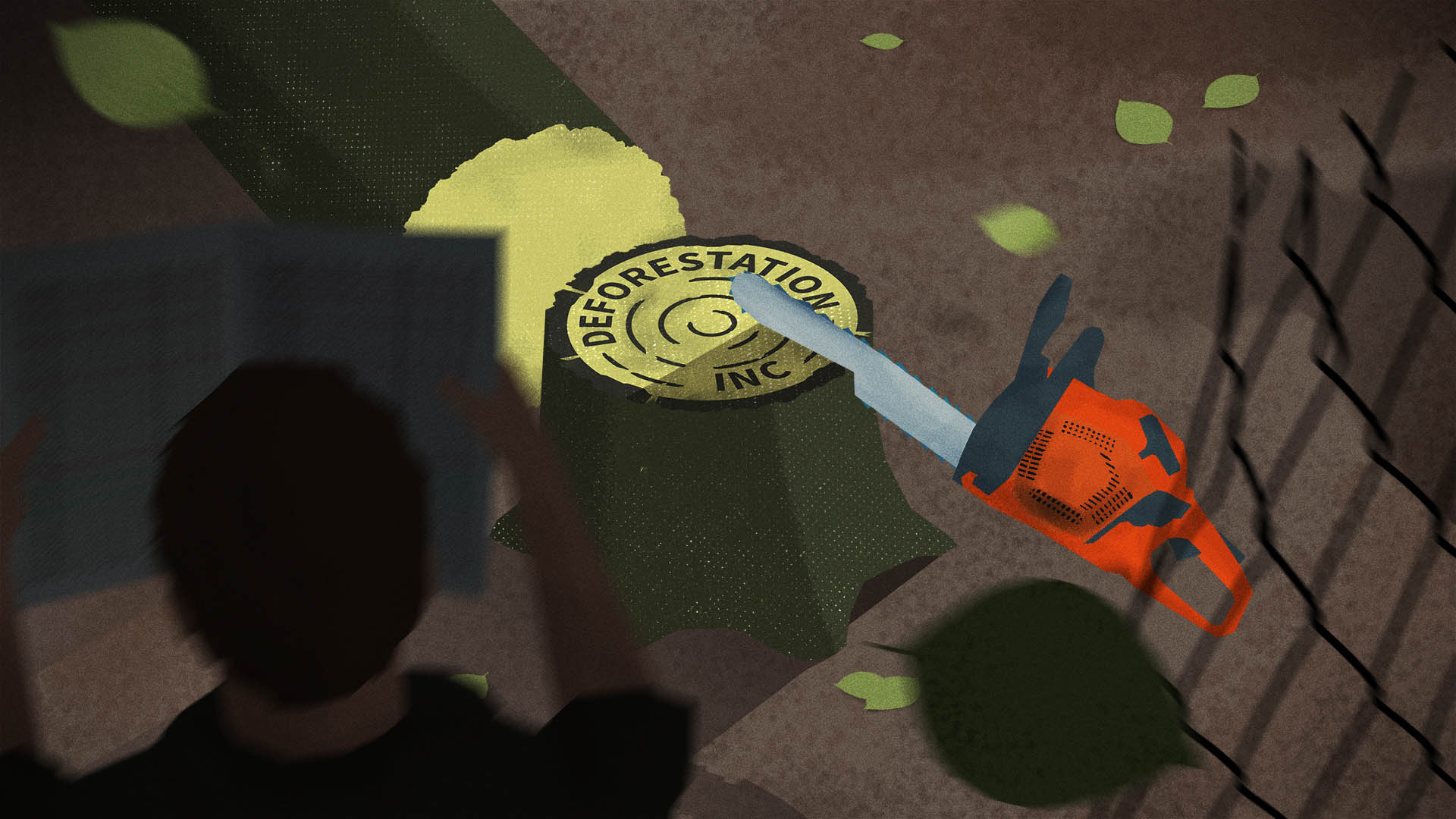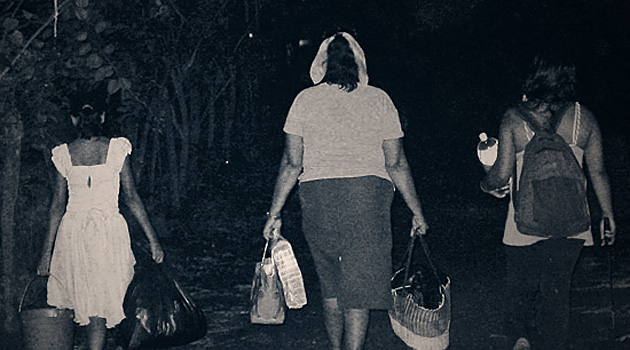
The Costa Rican government has launched a study into the causes of chronic kidney disease in its sugarcane producing northern region. At the same time one of the country’s biggest sugar producers said it is revamping its worker health and safety policies.
The steps follow an investigation by the International Consortium of Investigative Journalists that explored the mysterious and largely overlooked epidemic of chronic kidney disease — or CKD — that is killing thousands of sugarcane workers and other manual laborers in Central America.
The Costa Rica study will seek to answer one of the thorniest and most politically sensitive questions surrounding what regional health experts call an epidemic: whether the illness should be classified as an occupational disease. Many workers believe the malady is caused by pesticide exposure and working conditions. They have demanded compensation from the sugar industry, which has vehemently denied responsibility.
“The main objective is to test whether CKD is or is not a labor-related exposure,” said Dr. Roy Wong, an epidemiologist with Costa Rica’s national health service and lead investigator for the study.
The cause of the disease’s outbreak remains unknown, although a growing body of research has shown links between declining kidney function and repeated heat stress and dehydration — the result of strenuous labor in hot climates.
The Costa Rican study will survey some 800 people — mostly men — in selected from eight of the hardest hit towns and villages in the country’s northernmost province, Guanacaste. This sampling will include both a group that has CKD and a group that does not. Researchers will compare their answers to a survey that measures their exposure to various risk factors. The factors being tested include pesticide exposure, heat stress, overuse of pain medication, and consumption of home-brewed and potentially tainted alcohol known as guaro.
A later phase may include environmental tests of soil and drinking water, depending on the results of the survey, Wong said.
This official investigation could have major implications for worker safety if it finds that the disease is linked to sugarcane work, said Dr. Manuel Cerdas, a nephrologist at Costa Rica’s Hospital Mexico who has studied the epidemic in Guanacaste.
“If it proves this, the government will say to the managers of sugar plantations that they have to consider their work hours, the temperatures, improve their hydration,” said Cerdas, who will participate in the study.
One major Costa Rican plantation, the Ingenio El Viejo, isn’t waiting for the government study. Days after ICIJ’s investigation was published in Costa Rica’s La Nacion newspaper, the plantation adopted a policy of supplying cane workers with a hydrating solution. The company has also started working with doctors from the national health service to develop a complete plan to keep CKD from afflicting its fulltime workers, and provide workers with access to CKD screening.
“This is the first step we’re taking to improve the conditions of hydration for the cane cutters,” said Jose Miguel Obando, risk prevention director at Ingenio El Viejo. “Our intention is for the cane cutter to find good conditions during the four months of the harvest that he is here.”
El Viejo’s reforms were welcomed by advocates, who said the steps can save lives. But they emphasized a need to rigorously monitor workers. It is crucial to make sure that cane cutters are properly hydrated throughout their shifts – that they’re actually drinking the solution — said Jennifer Crowe, a researcher with SALTRA, a network of Central American scientists that has played a pioneering role in the study of the epidemic.
In Guanacaste, doctors who last year described being overwhelmed by the flood of CKD cases said they are optimistic that the Costa Rica study might yield additional resources to treat patients.
“There are many things we still lack, but I think the investigation with institutional support is a key point in order to know our needs,” said Dr. Monica Espinoza, director of the CKD outreach program at Hospital de Liberia in Guanacaste. “It is a great help because from there we can work on risk prevention.”
A broader response to the CKD epidemic would likely require international support. Yet developed nations including the United States have so far declined to actively investigate the outbreak. In February 2011, the United States helped defeat a proposal by El Salvador and other Central American nations to include CKD in an initiative by the World Health Organization and United Nations to battle chronic diseases in the Americas.
Even as those nations press for answers, and Costa Rica launches a study, the Centers for Disease Control has yet to take an active role or recognize Central America’s CKD epidemic. A CDC spokeswoman said she is “not aware of any new developments” involving the deadly disease.
